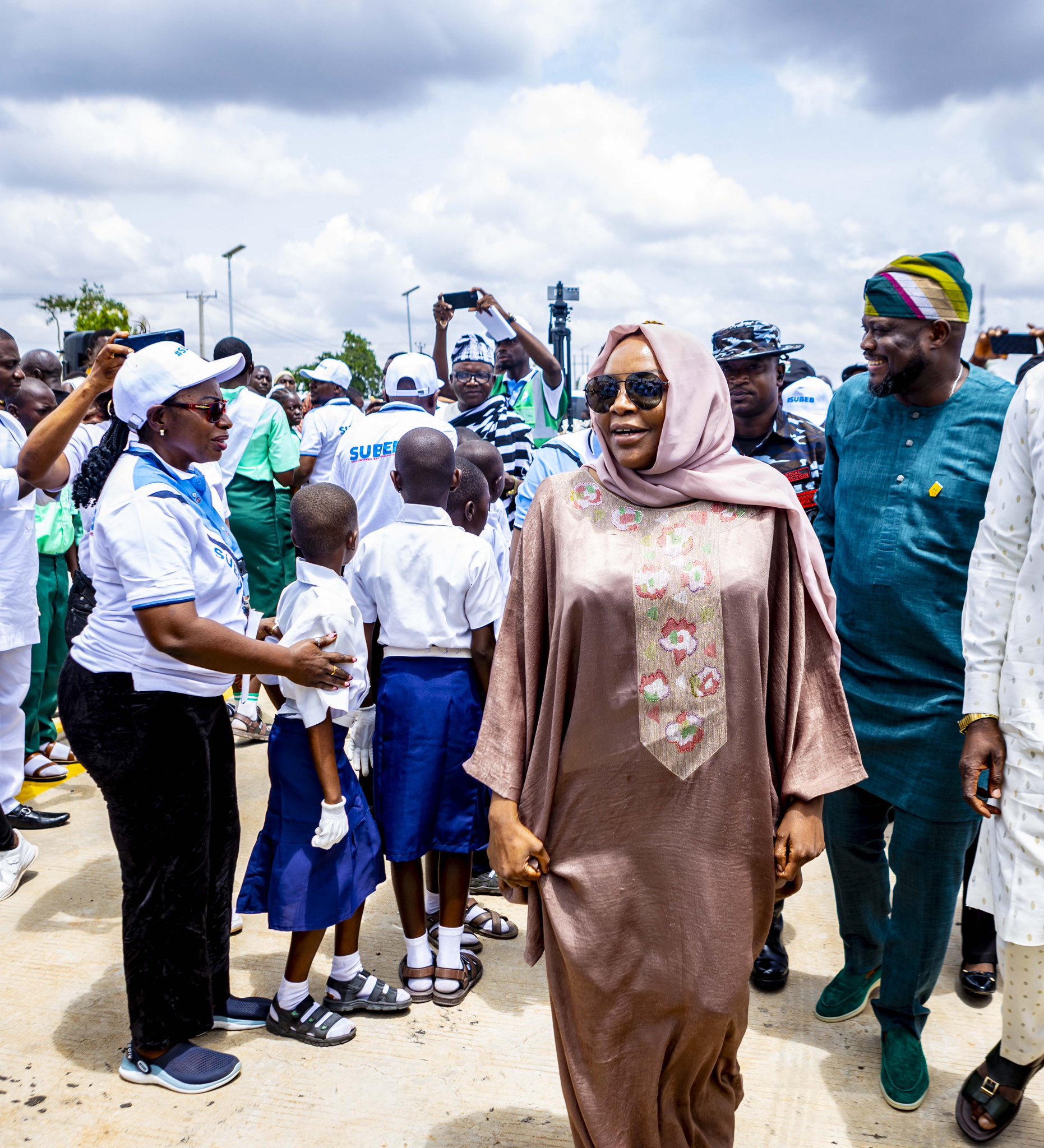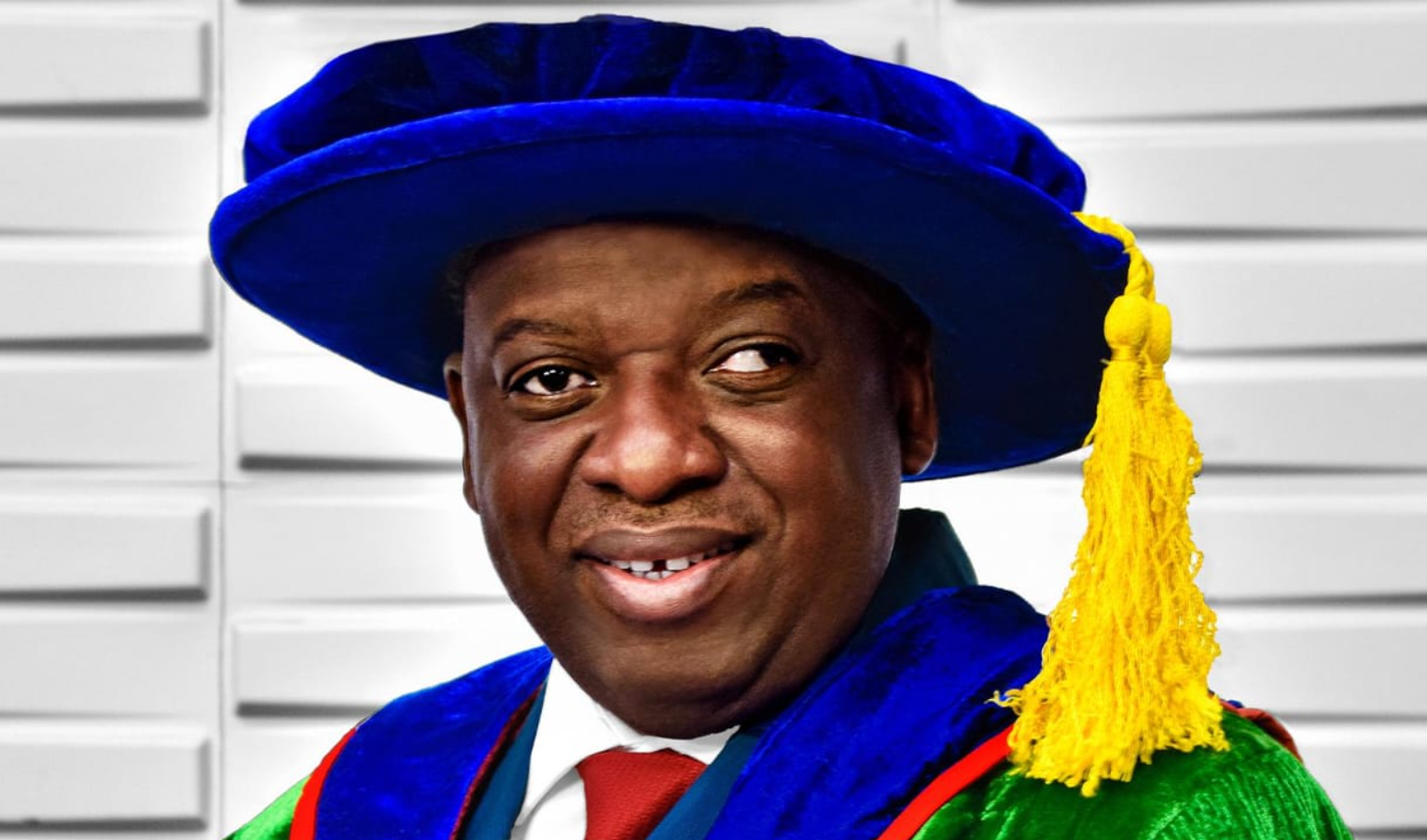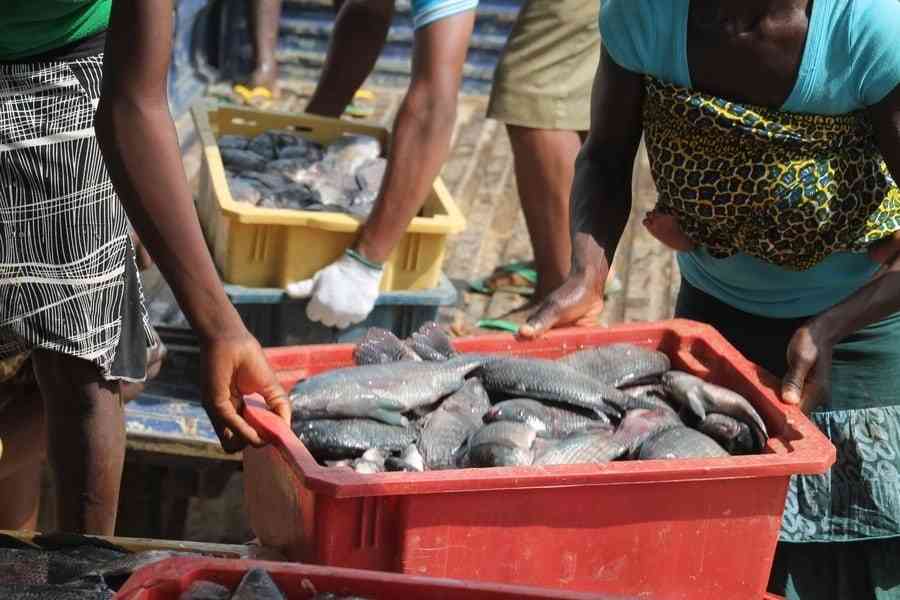Worried over the continued inability of states to access funding from the Universal Basic Education Commission (UBEC), intended to improve public schools, the Executive Secretary of UBEC, Aisha Garba, has expressed worry over states failing to provide matching funds, causing billions of naira to remain unclaimed and contributing to infrastructure shortages in schools despite the federal government’s plan to facilitate the release of a five-year backlog in unused basic education grants.
As of December 2024, 34 states and the FCT had yet to access N263 billion in UBE matching grants for 2024. Speaking yesterday at the 26th Quarterly Review Meeting with State Universal Basic Education Boards (SUBEB) in Makurdi, Benue State, Garba emphasised the urgency of addressing unutilised and unaccessed UBEC intervention funds.
“Are we doing enough?” she asked, not as a rhetorical question, but as a direct call to action. She stated firmly that the Nigerian child cannot continue to pay the price for institutional delays and inefficiencies.
“This meeting is not just another routine engagement,” she said. “We are confronting the real barriers to access and equity in basic education.”
A major highlight of the meeting was the unveiling of a new template for accessing UBEC intervention funds by states. According to Aisha Garba, this framework aims to improve efficiency, accountability, and transparency in how education funds are accessed and deployed.
She urged all stakeholders to commit to transforming every naira allocated into visible and measurable outcomes that benefit Nigerian children.
The UBEC Executive Secretary received a warm reception at the Makurdi tollgate, where the Benue SUBEB team, along with cheerful school children, welcomed her. Describing the moment as special, Aisha Garba noted that the presence of the children was a powerful reminder of the Commission’s mission: “Their bright smiles were a touching reminder of why we do this work. Every discussion, every policy, every fund all come back to them.”






